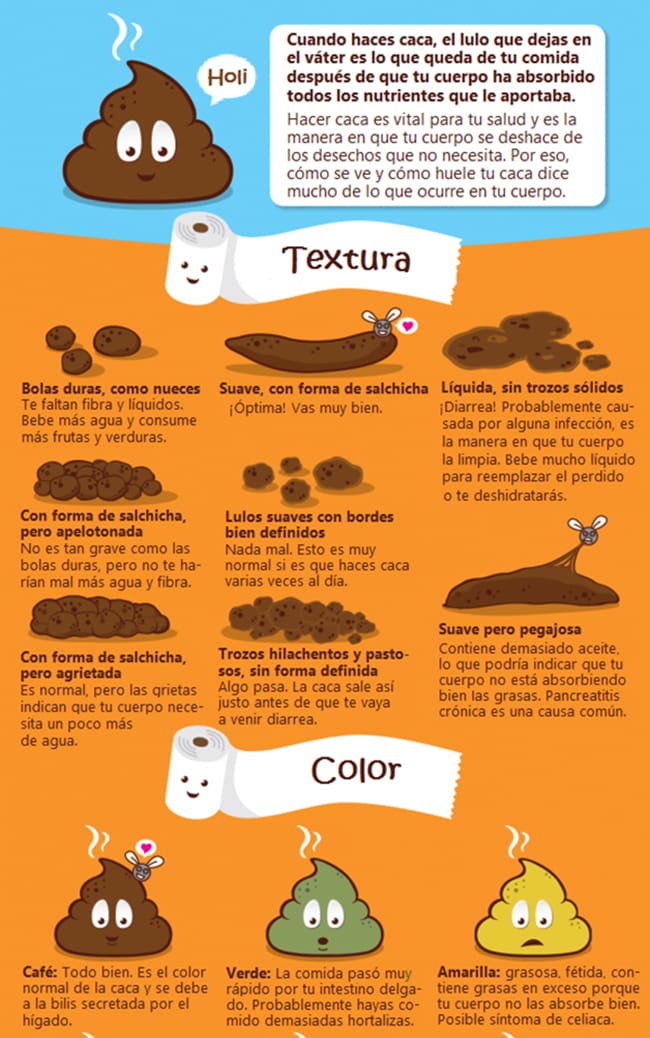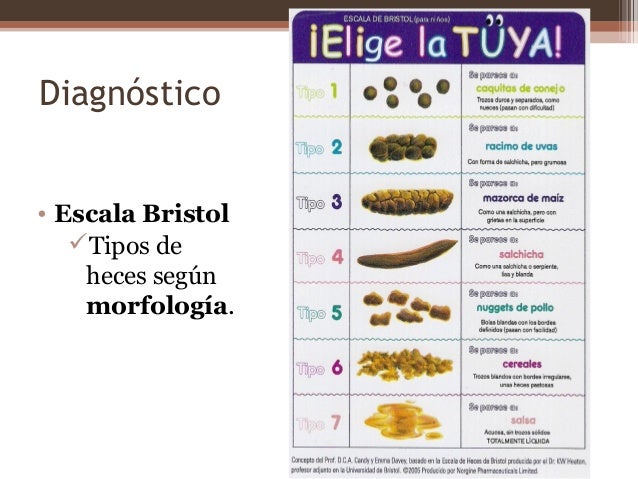

For the review of expert opinion, the search was limited to expert opinion provided by an expert in faecal incontinence that related to community-based assessment. Objectives This review had two objectives: (i) to determine what is required in an assessment of faecal incontinence issues for older community-dwelling adults and (ii) to determine the psychometric tools most effective for assessment of faecal incontinence in older community-dwelling adults.Inclusion criteria For the review of psychometric tools, studies were included if they were concerned with people living in the community, included a significant proportion of the sample aged 65 years or over, and either examined psychometric properties of assessment tools or assessed sensitivity of assessment tools to non-surgical interventions available in the community setting.


Conclusions: The intake of three kiwifruits per day significantly improves the quality of evacuation (number of depositions, volume, consistency and ease) in a Mediterranean patient population suffering from functional constipation. According to GEE models, the number of depositions increased significantly (p-values<0.001) in 0.398 daily units at week 1 the first week of intake, up to 0.593 daily units at week 5 significant improvements on facility in evacuation and volume of evacuation were found from the first week of intake (all p-values<0.001). Results: The percentage of patients with ≥3 stools per week increased from 82.61% (95% CI: 69–91.2) at week 1 to 97.78% (95% CI: 87.4–99.9) at week 2 of kiwifruit intake, with 76.09% (95% CI: 61.9–86.2) responding during the first week. The evolution of the categorical variables was tested using the Bhapkar test functional data methodology was used for continuous variables, and Generalized Estimating Equation (GEE) models were adjusted. Bristol Scale, volume of stools, and ease of defecation was self- reported daily. Patients monitored for five weeks: weeks 1 and 2 no kiwifruit and weeks 3-5 three kiwifruit per day (Green kiwifruit, Actinidia deliciosa var Hayward). Material and Methods: An open, non-controlled and non-randomized longitudinal study was conducted in 46 patients with constipation (Rome III criteria).

The aim of this study was to evaluate the effect of kiwifruit intake on functional constipation in a Mediterranean patient population characterized by its distinctive nutritional habits. Introduction: Kiwifruit consumption has shown to improve functional constipation in healthy elderly population, according to studies in New Zealand and China.


 0 kommentar(er)
0 kommentar(er)
